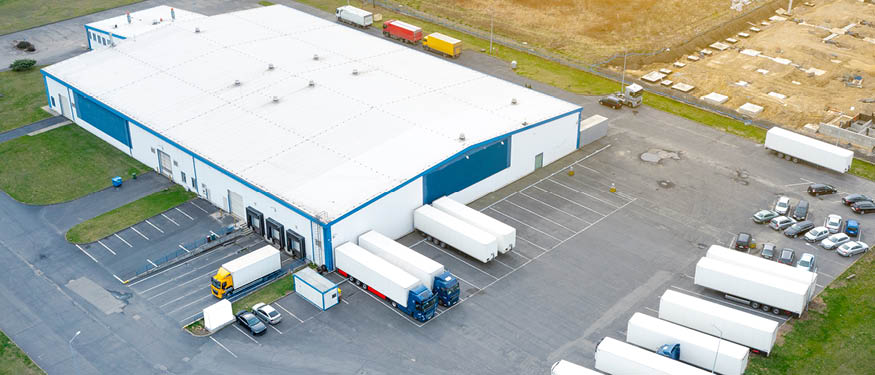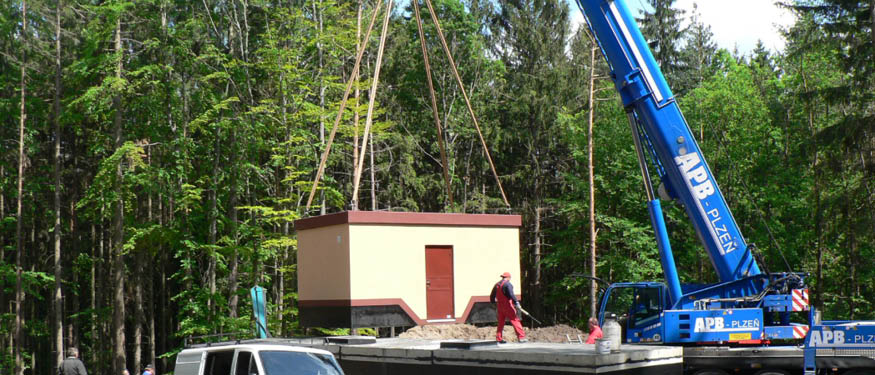Land relations can be a crucial issue for foreign investors considering whether or not to start a business in a particular country. Let us provide you with a summary of land legislation of Belarus and the opportunities it offers for business.
Land Rights of Individuals and Legal Entities
In the context of land relations, Belarusian legislation makes a big difference between the legal status of Belarusian and foreign individuals and legal entities.
Land plots can be privately owned by Belarusian citizens, private Belarus-based legal entities, foreign states, and international organizations. Foreign citizens may only own land that is inherited, although foreign individuals and legal entities may create a subsidiary in Belarus, which can enjoy all land relation rights available for Belarusian residents, even if 100% of its shares belong to foreigners.
Lease of a land plot is available to a broader categories of persons and legal entities, as foreign individuals, foreign legal entities, and their representative offices in Belarus can be a land plot lessee. As most land plots in Belarus are state-owned, leasing of land plots is also widespread among Belarus-based legal entities.
Land Rights Acquisition by Legal Entities
Generally, there are two ways for Belarus-based and foreign legal entities to obtain rights to land plots in Belarus.
The first involves the acquisition of real estate located on a land plot. When buyers purchase a building (including one on which construction has not yet been completed), they automatically obtain the same rights to the land plot that the seller had. However, if the buyer is a foreign legal entity, it can only lease the land plot, regardless of the land title the seller had.
In other cases, a legal entity can obtain rights to a land plot via a public tender held by local state executive committees. The tender item is the land plot for sale or the right to conclude a lease agreement relating the land plot. The tender winner shall pay a tender price and conclude a lease agreement with the competent state authority.
In some cases it is not mandatory to hold a tender. Exceptions to the general rule include preferential regimes for national and foreign investors, conclusion of an investment agreement or a public–private partnership agreement with Belarus, and becoming a resident of the “Great Stone” China-Belarus Industrial Park or one of six other Free Economic Zones. Additionally, a legal entity can obtain a land plot in a rural area without a tender to construct industrial buildings.
All rights to real estate, including land plots, must be registered with the relevant state registration agency and shall be valid only after this registration.
Pledge of Rights to Land Plots
Lease rights to privately owned land plots may only be pledged as a security measure under a loan agreement. However, only Belarus-based banks with a special license, the International Finance Corporation, the Eurasian Development Bank, and the European Bank for Reconstruction and Development may be a pledgee in such cases. Buildings located on such land plots are automatically pledged as well. If the building is the primary subject of the pledge agreement there are no such restrictions to pledgees.
Lease Payments and Land Tax
Regarding land relations, lease payments and land tax are often mutually exclusive definitions. Individuals and legal entities having a land title or a right to permanent use of the land plot shall pay a land tax. Lessees shall pay only lease payments.
The amount of lease payments for state-owned land plots depends on two main factors: the cadaster value and a coefficient stipulated by a competent state body. For instance, the cadaster value of an industrial land plot in Minsk region may be BYN 120 (approximately EUR 60) per hectare, and the coefficient will be about 1.5. To determine the amount of lease payments these numbers are multiplied by the land plot area.
The land tax rate also depends on the land plot category (for example, the rate for arable lands can vary from BYN 0.84 to 11.48 per hectare). The local deputy council can make resolutions each year to decrease and increase the land tax rate up to 2.5 times for some categories of taxpayers and land each year.
By Dzmitry Viltovsky, Partner, Mikhail Khodosevich, Legal Assistant, Arzinger & Partners
This Article was originally published in Issue 5.6 of the CEE Legal Matters Magazine. If you would like to receive a hard copy of the magazine, you can subscribe here.






















